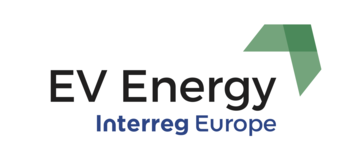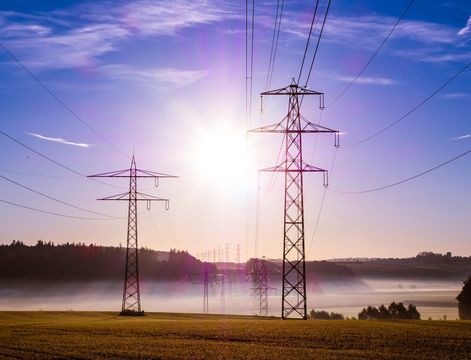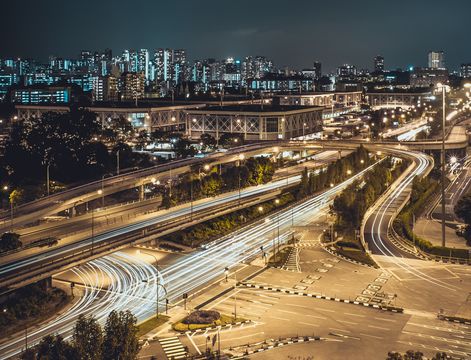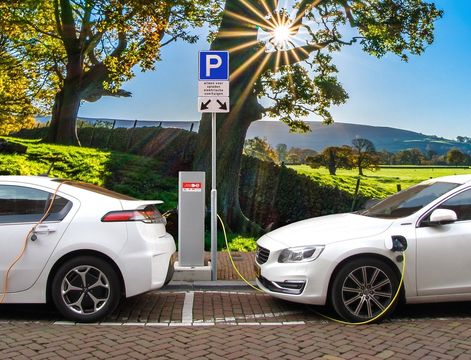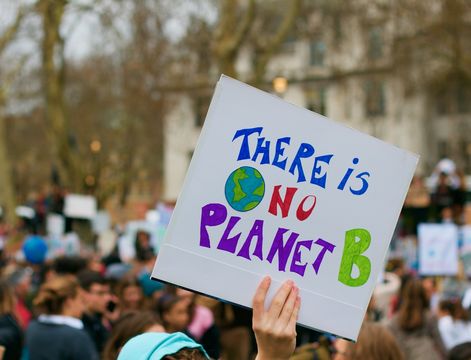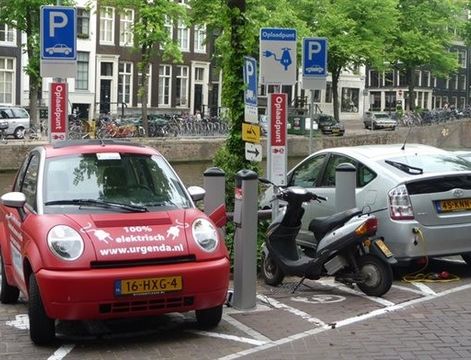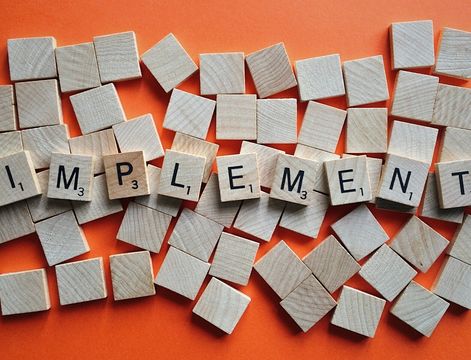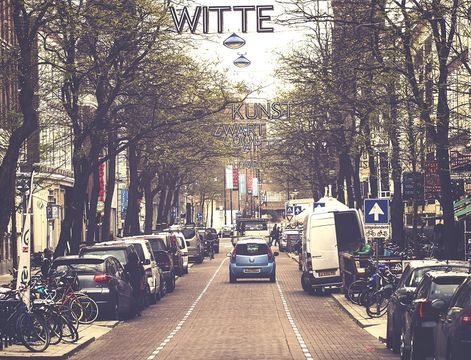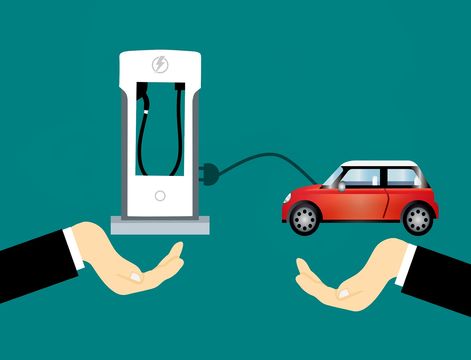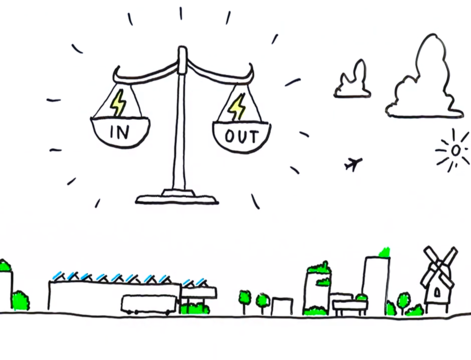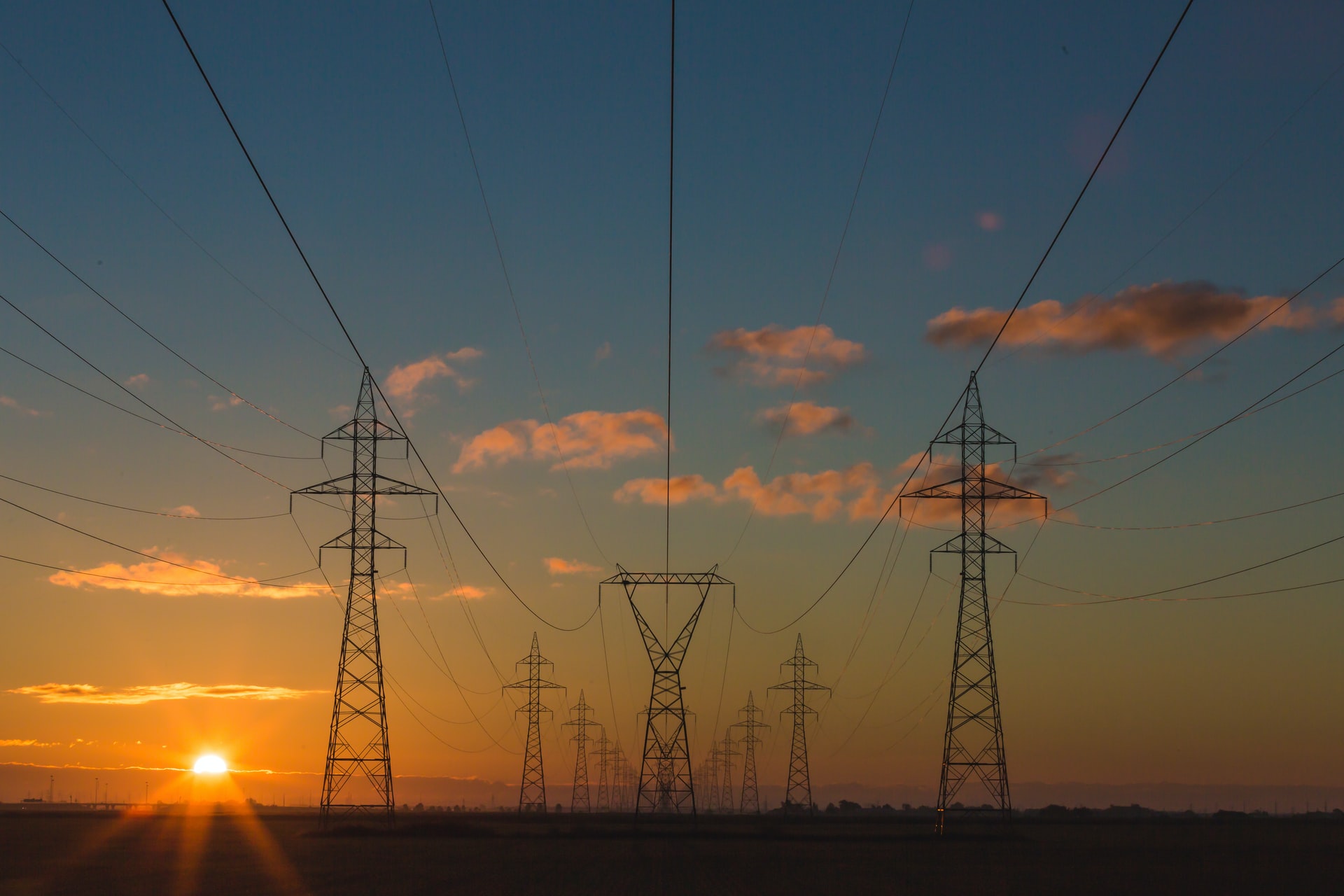On the 5 June EV Energy project and CleanMobilEnergy project celebrated the joint “Clean Mobility and Clean Energy Conference”. More than 130 participants came together in Almere, The Netherlands, to exchange experiences, perspectives and ideas to push forward the energy transition in cities, with visionary plenary speakers, interactive workshops and a showcase of the two European projects.
Summary key points (by Ian Hill, Conference Moderator)
- The transition to EVs as part of a local energy system requires a process of Culture Change. This is not a technological process; the technologies already exist. Rather, this is a process of making the necessary social and economic cases for changing to a new way of viewing energy and transport, rather than accepting a previous linear paradigm in which energy is produced and transmitted to consumers before being burnt and producing pollution. This will require information, education, and engagement of many actors.
- It is important for planners and public authorities to consider the Scale on which these changes can occur. Examples from around the EU show energy systems being implemented at the scale of a neighbourhood, a village, a large building or complex of buildings. Obviously, energy systems are easier to implement in cases under common ownership (a large stadium, a business park, a hospital). However, working at a city scale, for example, may offer greater opportunities for grid balancing. The optimum scale depends on local circumstances and national regulations and policies.
- Public authorities should identify the Leverage Points where small actions can have a large impact; either practically or symbolically; in some examples we have seen, the introduction of e-bikes can offer huge CO2 savings because of the resulting modal shift. In another example, in Amsterdam, the electrification of the city’s busiest taxi rank has brought about rapid electrification of the city’s taxi services. Leverage points are those places or actions which will have a large impact, or great symbolic or educational value.
- To successfully make this transition, good quality, up-to-date Data is required. This leads public authorities to a Smart Cities approach, where the use of sensors and real-time information can enable rapid response to changing energy conditions. In using data, authorities should consider the use of open source application wherever possible, to empower the users and not place large amounts of data in the control of a small number of large tech companies.
- Energy systems are, by definition, complex and involve a large number of different stakeholders. Partnerships of public and private actors, including representatives of citizens, grid operators, employers and public authorities will be required. The role of public authorities here can be as enablers and facilitators, bringing together the necessary partnerships, and encouraging the participation of reluctant DSOs or other energy companies who cannot always see the immediate financial benefits.
- The transition to energy systems will require a Virtuous Circle of ambitious (yet achievable) targets, supported by enabling regulations and policies at regional and national levels, which in turn can drive and support actions at a local or regional scale. The current mis-match between policy and regulation can impede progress. Sometimes, it is necessary to start a process of change without supportive regulations, knowing that regulation change can take years, and can often arrive at a time when the market has moved on. It will be necessary to future-proof our thinking and our actions.
- Finally, the cooperation between these two projects has shown how important it is for actors from all sectors to continue to Collaborate and Learn from good practice across the EU. Whilst solutions may not be directly transferred, the learning and the ideas can be, and can be adapted to local circumstances. A willingness to reconsider and change is the strongest tool we have.
You can download the full programme with speaker biographies here. Click on the presentation titles in the programme to access the presentations in PDF format.
Thank you for an engaging day of discussions!
